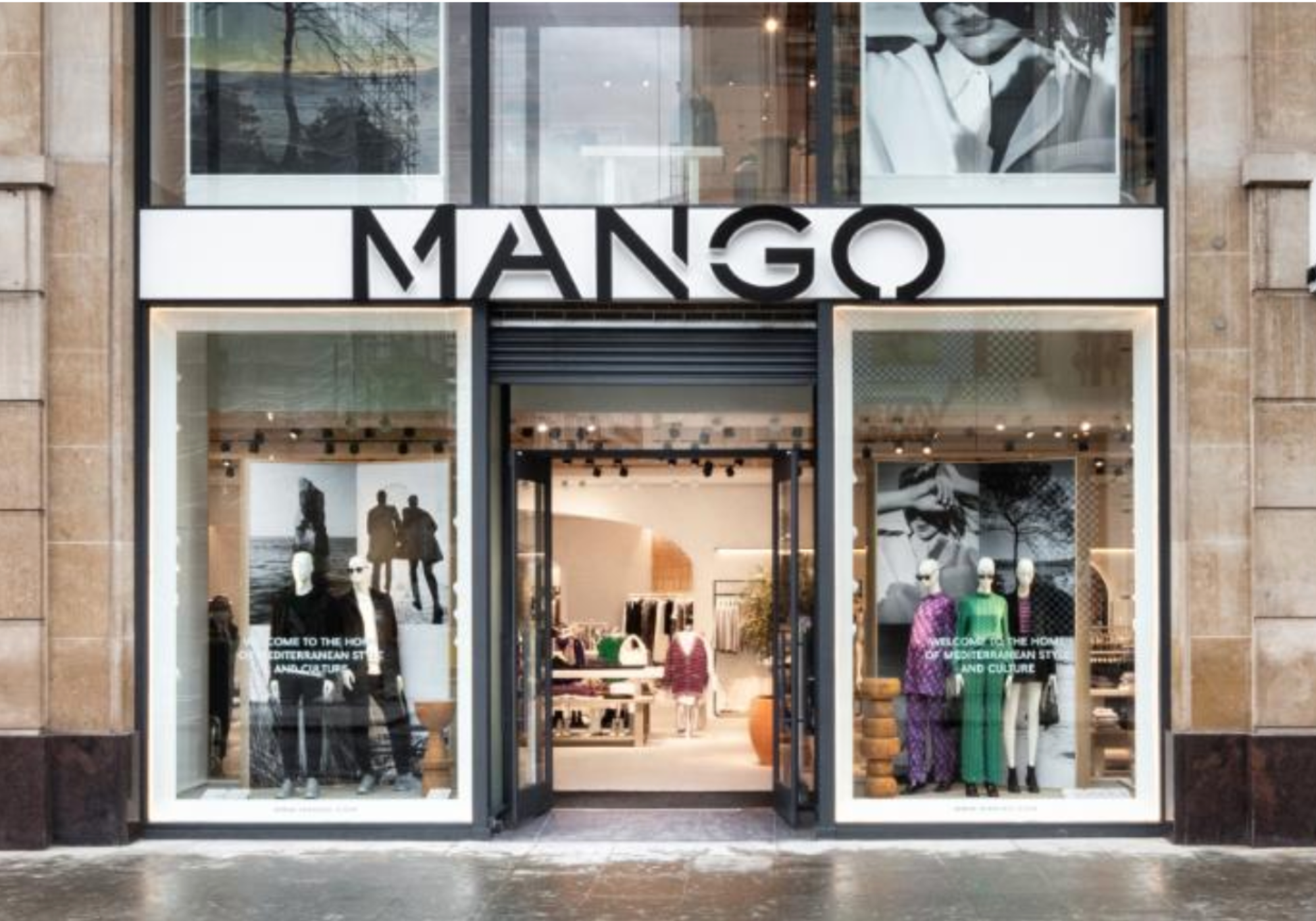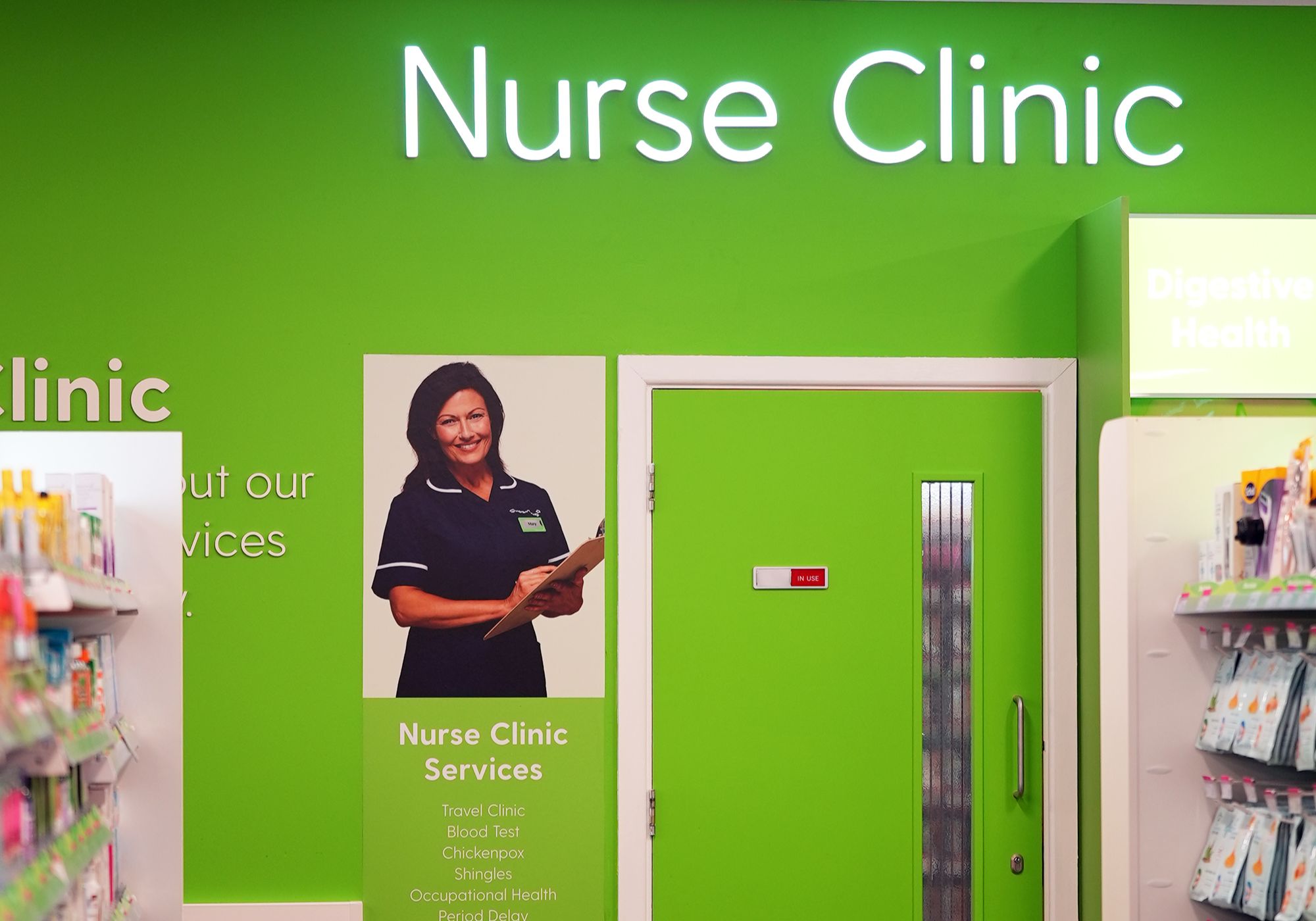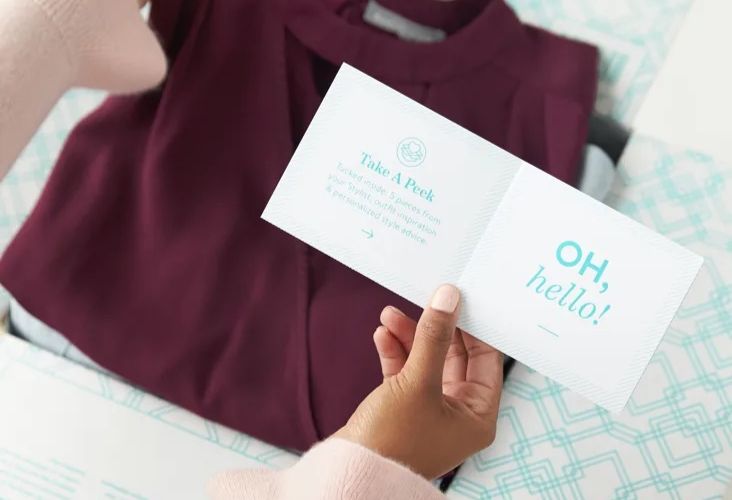Online sales grew above the long-term trend in February, while overall retail sales were held back by factors including storms, two new sets of retail sales figures suggest.
The reports, from the British Retail Consortium (BRC) and KPMG, and from Barclaycard, suggest that factors influencing sales included storms and, towards the end of the month, fears of the coronavirus.
Online sales rise while overall spending held back: BRC
Online sales grew by 3.6%, ahead of the 12-month average of 2.9%, according to the latest BRC-KPMG Retail Sales Monitor, for February 2020. A year ago, online sales grew by 5.4% on a year earlier. An estimated 31.1% of non-food sales took place online last month – up from 29.1% in February 2019.
The BRC reports a 0.1% rise in total sales in February 2020 compared to last February, but a 0.4% decrease in like-for-like (LFL) sales – which strip out the effect of store, and business, openings and closures.
In-store non-food sales fell by 1.8% in total over the three months to February and by 1.9% LFL.
Food sales increased by 0.3% on a like-for-like basis, and by 1% in total, the report found.
Helen Dickinson, chief executive of the BRC, said: “Clouds continued to hang over the retail industry in February, as storm Ciara, Dennis and Jorge took their toll on retail sales, particularly in fashion. Despite many indicators suggesting a rise in confidence among UK shoppers in recent months, this has failed to translate into higher retail sales. However, the end of the month saw a slight rise in spending on food and healthcare as a result of concerns around coronavirus.”
And she called for help in tomorrow’s Budget. “Retailers are working hard to reduce their environmental impact, keep supply chains working smoothly and investing in new technologies,” she said. “However, they are hindered by government policies, such as sky high business rates, which limit investment. In tomorrow’s Budget we hope the Government will take the opportunity to relieve the business rates burden bearing down on the shoulders of the industry. Scrapping downwards phasing of transitional relief, which has forced retailers to subsidise other industries by almost £550m over the last three years, would allow more money to be invested back into people, property and technology all over the UK.”
Paul Martin, UK head of retail at KPMG, said: “Returning consumer confidence has done little to benefit retailers, with February’s sales growth down 0.4% on a like-for-like basis. The highly anticipated ‘Boris Bounce’ has clearly struggled to materialise in the embroiled retail sector, and looking ahead Covid-19 isn’t likely to help matters.
“Subdued grocery has shown a slight recovery, although the edging up of prices will have contributed to that growth. In the short-term, any potential supply chain disruption caused by Covid-19 will be felt acutely by grocers, so developments will have to be watched closely.
“February saw the UK get hit by one storm after another, so it’s unsurprising that online fared fractionally better than the high street. Generally though, demand for non-food items remains woefully low.
“The coming weeks will be of key importance to the sector. Retailers will be hoping that the Chancellor can provide stability and certainty after prolonged volatility and uncertainty. Business rates will be front of mind for many, but it remains to be seen whether any form of relief will be offered. Even then, that relief could be too little too late for some of those struggling.”
Consumer spending and confidence both up: Barclaycard
Meanwhile, the latest Barclaycard Spend Index found consumer spending rose by 2.2% over the month, compared to the previous year, but that shoppers stayed away from high streets.
It said that more than one in four (28%) avoided the high street and other busy places through fears of catching the coronavirus, while 53% delayed a shopping trip because of bad weather including storms Ciara and Dennis. Overall, 29% spent less. Spending on essential items was up by 1.6%, including supermarket (+1.3%) and fuel spending (+2.5%), and spending on digital entertainment and subscriptions (+12.4%) was also up, as was spending on takeaways and fast food (+8.7%). But spending in department stores (-3.6%), on clothes (-1.7%) and in restaurants (-6.4%) was down.
The study found that consumer confidence was high, with 42% of adults saying they felt positive, up from 32% a year earlier.
Esme Harwood, director at Barclaycard, said: “Storms, floods and fears about the spread of Coronavirus have kept many Brits away from the high street this month. Despite this, broader consumer spending has held up as people put their money towards enjoying a takeaway and digital subscriptions.”
Image: Fotolia






